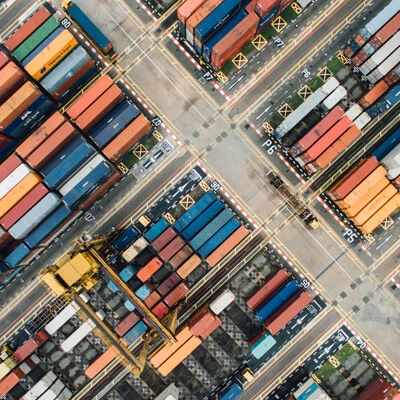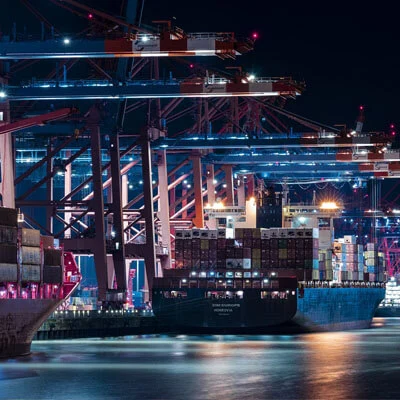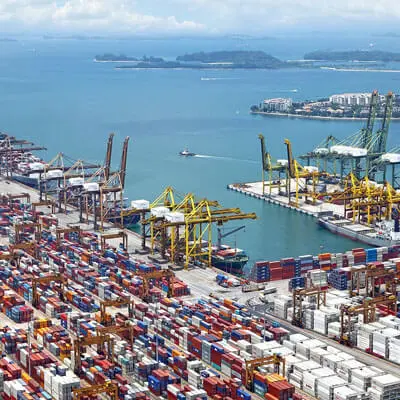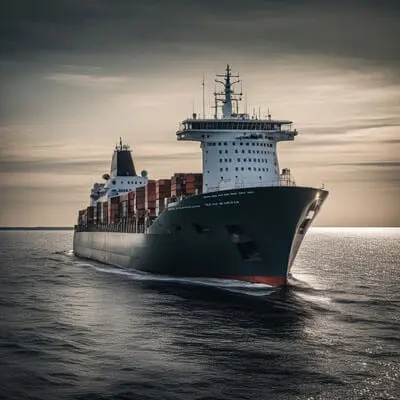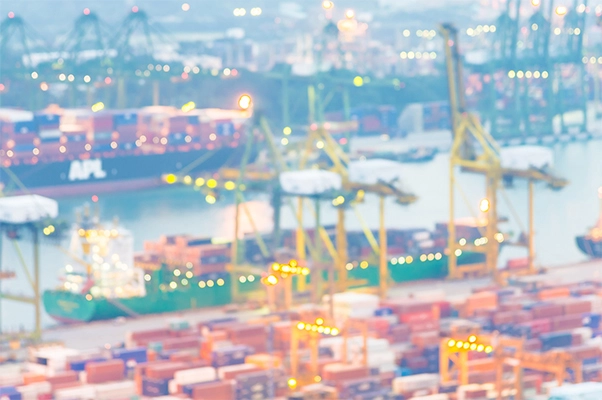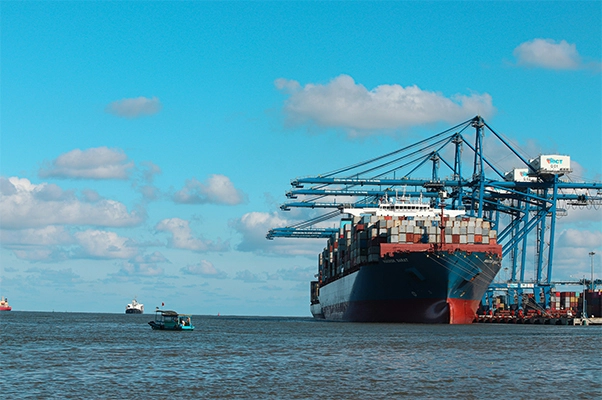+
DDP, or "Delivered Duty Paid," is an Incoterm commonly used in sea and air freight shipping. Under this term, the seller bears maximum responsibility for the delivery process, including handling customs clearance and duties. However, DDP can be risky for sellers, especially when shipping to unfamiliar destinations, as they may lack knowledge of local requirements. This issue is often seen when factories in China quote DDP terms.
Seller's Responsibilities
Under a DDP agreement, the seller is responsible for all shipping arrangements, including import and export duties, taxes, and transportation costs, until the goods are delivered to the buyer. They also handle government inspections, customs clearance, and provide proof of delivery. If goods are lost or damaged during transit, the seller bears the liability. Sellers typically bundle these expenses into the quoted product price, which includes the DDP shipping and duty costs.
Buyer's Responsibilities
The buyer’s role is minimal. They are only responsible for receiving the goods and handling unloading fees, which are not covered under DDP terms. While the seller manages most costs, buyers should be aware that additional expenses beyond import/export duties or taxes might fall on them, such as unloading fees at fulfillment warehouses.
Advantages for the Buyer:
1.No Hidden Costs: Buyers are not responsible for any customs duties, taxes, or additional shipping fees during transit.
2.Risk Reduction: Inspection fees and unforeseen costs are handled by the seller, eliminating surprises.
3.Simplified Process: Buyers only need to receive the goods, removing the logistical burden of managing transport or customs.
4.Peace of Mind: Any damage or delays during transit are the seller’s responsibility.
If buyers negotiate favorable terms, such as requiring sellers to use experienced logistics providers or setting delivery deadlines, the advantages of DDP can outweigh the risks.
Disadvantages for the Buyer:
1.Potential Errors in Customs Handling: Sellers may lack expertise in the destination country’s import regulations, leading to costly mistakes.
2.Low-Quality Logistics: Sellers often choose cheaper, less reliable shipping options to minimize costs, increasing the risk of delays, damaged goods, or lost cargo.
3.Lack of Control: Buyers have no influence over shipping methods or timelines, making it difficult to expedite deliveries if needed.
4.Higher Costs: Since sellers bundle all potential fees into the quoted price, buyers often pay more for shipping than they would if managing the logistics themselves.
5.Communication Delays: When issues arise, buyers must rely on sellers, who may be in different time zones, prolonging problem resolution.
A DDP agreement is most beneficial when the supply chain is predictable, and the seller has a proven track record of successful deliveries under these terms. It’s also advisable if the seller demonstrates confidence and expertise in handling logistics to the buyer's destination.
However, buyers should exercise caution, particularly when importing from countries like China, where DDP shipping often involves unreliable freight forwarders. In many cases, alternative Incoterms like FOB (Free on Board) may offer better control and cost savings.
1. What’s the difference between DDP and DAP?
Under DDP, the seller handles all shipping, customs duties, and taxes, while the buyer is only responsible for unloading costs. In contrast, DAP (Delivered at Place) requires the seller to manage shipping, but the buyer pays for customs clearance and associated fees.
2. Who pays freight charges under DDP?
The seller covers all shipping costs, including customs fees, import duties, and VAT. Buyers are only responsible for unloading fees.
3. Does DDP include customs clearance?
Yes, the seller is responsible for clearing customs, including paying duties and taxes.
4. Is DDP recommended when importing from China?
While DDP can simplify logistics, it often leads to higher costs and increased risk of delays. Buyers may find other Incoterms, like FOB, more cost-effective and reliable.
5. Can a DDP shipment be rejected on arrival?
In theory, yes, but buyers should check their purchase agreements. Often, deposits are non-refundable, making rejection a costly decision.
6. Who is listed as the consignee in DDP shipping?
The seller is usually the importer of record, while the buyer is listed as the consignee.
7. Who clears customs under DDP?
The seller or their designated freight forwarder is responsible for clearing customs and paying associated duties and taxes.
A DDP agreement can be advantageous for buyers who want to avoid logistical responsibilities. However, it’s essential to trust the seller’s ability to manage shipping and customs effectively. Buyers should weigh the convenience of DDP against its potential downsides, including higher costs and lack of control over the shipping process.
GOWIN offers a full range of services for both buyers and sellers under DDP (Delivered Duty Paid) shipping terms. Under DDP, the seller is responsible for all aspects of delivering the goods to the buyer's destination, including transportation, export and import duties, customs clearance, and other associated costs. GOWIN supports sellers by managing these responsibilities, ensuring a smooth and efficient process.
For sellers, GOWIN arranges transportation from the seller's premises to the buyer's location, manages export and import clearance, and oversees the payment of duties and taxes. We also handle freight bookings, warehousing, distribution, and documentation, providing complete logistical support.
For buyers, GOWIN coordinates the final delivery to their specified location and offers logistics consulting services to optimize supply chain efficiency.
By partnering with GOWIN, both buyers and sellers benefit from streamlined operations and reduced logistical complexities, allowing them to focus on their core business activities.

